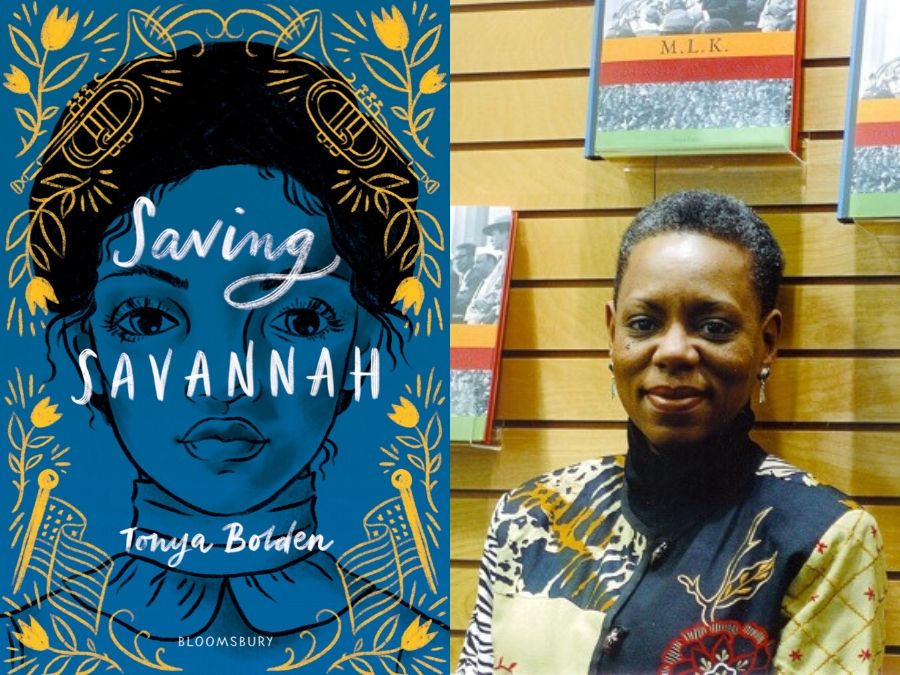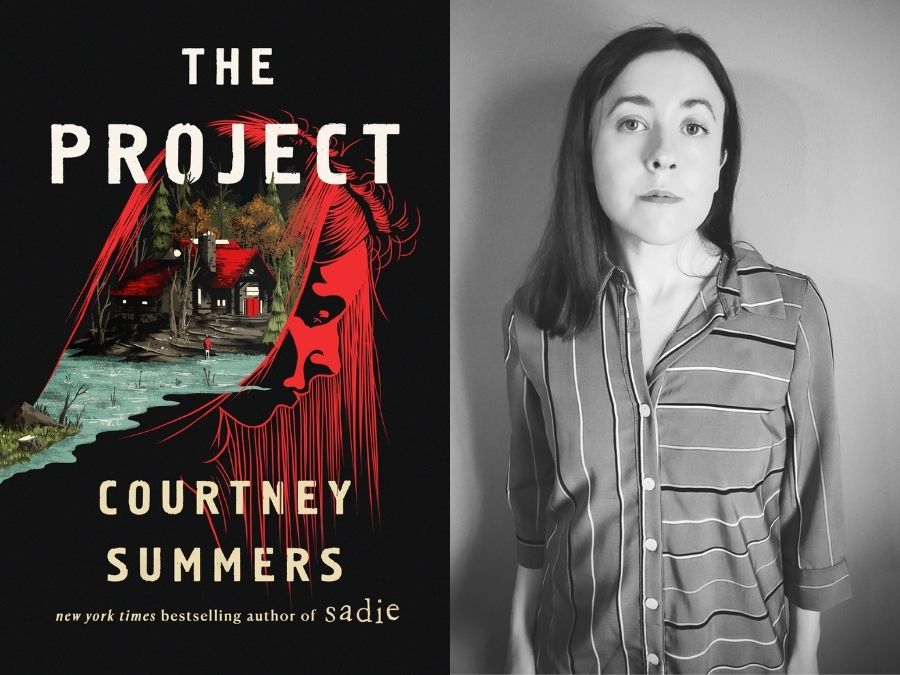Middle Grade Monday: Let’s Talk About Sex
Let’s talk about what?! Yes, I said it. Sex.
Most middle grade students have heard of it – some have overheard conversations in hushed tones, some have watched explicit cable TV shows. I’m just saying there’s a range. A REALLY big range.
For better or worse, I’ve spent most of my adult life helping my friends raise their children. Pretty early on, I realized I’m more comfortable and more able (both in terms of time and temperament) to answer the involved questions children often have. Where does the rain come from, Auntie Robin? Why is the sky blue and the grass green instead of the reverse? Where do all the birds go in the winter? Once you prove yourself willing to give detailed answers, you’re on the hook forever.
ADVERTISEMENT
ADVERTISEMENT
When you are good (and reliable) about answering questions, kids start to come to you for all of their information needs. And isn’t that what we, as librarians, want? I know I do. The earliest question I’ve answered about sex came from a 5 year old – “How does the baby get IN the mommy, Auntie Robin?” Believe it or not, there is a fairly easy (and 5 year old appropriate) explanation. His main concern was actually whether or not the mommy had to be cut open. Reference interviewing is a valuable skill. About a year later he wanted to know how the baby gets out of the mommy, then why some twins are identical and some are fraternal. Which is how I ended up drawing a picture of a uterus and ovaries for a 6 year old.
Transition to every first quarter with the sixth grade students. They always find the books. I know they will. They are there for them, after all. Which books? These:
 Every year I debate with myself – wait until they find them, or bring it up myself? The bonus to bringing it up myself is that I get to control the conversation, the attitudes, and the expectations involved in making use of these books. I don’t have to listen to choruses of “Ewww, that book is NASTY!” (For those of you who don’t live in the south, ‘nasty’ is a catch-all descriptor for anything having to do with sex.)
Every year I debate with myself – wait until they find them, or bring it up myself? The bonus to bringing it up myself is that I get to control the conversation, the attitudes, and the expectations involved in making use of these books. I don’t have to listen to choruses of “Ewww, that book is NASTY!” (For those of you who don’t live in the south, ‘nasty’ is a catch-all descriptor for anything having to do with sex.)
This year I chose the bring it up myself option. All of the books were checked out by the end of the 4th class. I have eight 6th grade classes. So I guess it’s half and half. I’ve found that it’s all in how you present the books and the expectations that you set for their use. Some of this is not going to make sense to those of you who work in public libraries. If you work in a school, though, here are my tips:
- Introduce the idea that the students are very different now than when they were in 2nd or 3rd grade. Ask them to think about the kinds of things they were interested in then and what they are interested in now. Some of them will be the same, some different. You may even want to have the students give examples of the books they were interested in at that period of their lives.
- Talk with them about the older students at school. How are they different, how are they the same? Do they think they might have different interests when they are in 8th grade than they do now?
- Some of the books in the library are not going to be interesting to them this year, either because the book is about something they are ‘so over’ or because it is about something they aren’t ready for yet. Discuss how they might feel about some books they aren’t ready for yet – some they will find boring, some might make them uncomfortable. Explain that if a book makes them uncomfortable, they are perfectly welcome to return it and get a different one. Just because a book isn’t for them doesn’t mean it’s not the perfect book for someone right now.

- Once you’ve shown them the books, explain that they are books just for you, not for sharing. If something might make someone uncomfortable, we don’t want to confront them with it – that would be unkind. Just like you wouldn’t go to your three year old cousin with a picture of a baby animal being eaten by a predator, you don’t go around showing these books to others. If someone wants it, they can come put it on hold.
- Remind them that it is important to wait until they are ready for the information to seek it out. If they cause a disruption in class with a book, they are probably not ready for it.
- My final tip is to warn the classroom teacher before you begin this discussion. They will usually be all about it, once they realize that they don’t have to have the discussion themselves.
You should probably be aware that making it known to the students that you have this information and are willing to help them find the answers to their more sensitive questions will open you up to being the person they come to for all their information needs. Bummer.
Filed under: Middle Grade Monday
About Karen Jensen, MLS
Karen Jensen has been a Teen Services Librarian for almost 30 years. She created TLT in 2011 and is the co-editor of The Whole Library Handbook: Teen Services with Heather Booth (ALA Editions, 2014).
ADVERTISEMENT
ADVERTISEMENT
SLJ Blog Network
Happy Poem in Your Pocket Day!
This Q&A is Going Exactly As Planned: A Talk with Tao Nyeu About Her Latest Book
Family Style: Memories of an American from Vietnam | Review
Parsing Religion in Public Schools
ADVERTISEMENT











How amazing that you are having these conversations with your students starting in middle school!